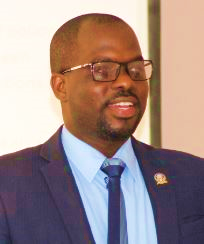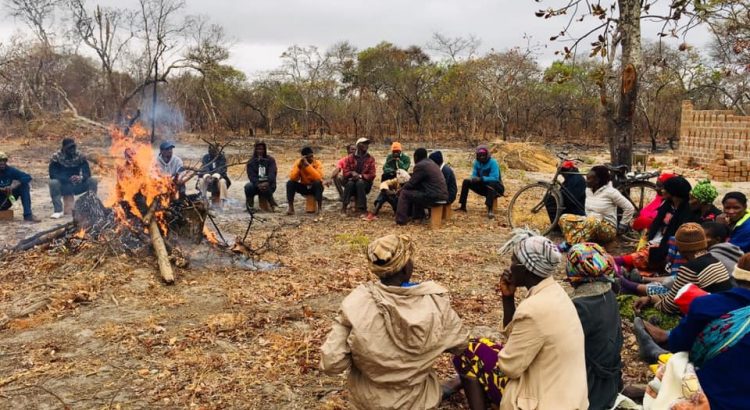
By Maurice Nyambe: Zambian Governance Foundation
One thing that communities in Africa are acutely aware of is that there is never enough money. Here the Zambia Governance Foundation discusses its experience in assisting communities to unlock their own potential to generate resources, and how this empowers them to be more demanding of government. Read more…
The concept of “community” is one I have always been interested in, and working with civil society over the last 15 years has regularly provided me with opportunities to understand the dynamics of community from many different angles. One such angle, for which my interest has been growing in the recent past, is community philanthropy. For us at ZGF, community philanthropy is a development approach that places emphasis on the monetary and non-monetary resources and assets that exist in local communities, and how these can be progressively harnessed to advance development prospects at community level. Community philanthropy essentially takes communities from the periphery of development interventions being implemented in their areas, to the epicentre in terms of their involvement in such interventions. In that respect, community philanthropy promotes inclusion and sustainability in the development process. For me as a development practitioner, this is crucial. I have become acquainted with the helplessness that tends to consume local communities when it comes to issues to do with development in general and governance in particular. Generally, local communities have tended to see themselves as a powerless entity in the face of those that wield power and that are responsible for delivery of social services.
At ZGF, our work over the last decade has been dedicated to working with such communities to help them make demands for better service delivery by interacting with policy makers at different levels. We have done this through working directly with CSOs and indirectly with communities to provide tools and support with which citizens can hold their leaders accountable over service delivery and development outcomes. It is that aspect of our work – the focus on developing capacities – that makes a huge difference in the lives of the communities we have worked with. This has been our story since we started out as the new kid on the block back in 2009. But over the years, it became evident to us that there was potentially greater impact to be made by increasing our direct engagement with communities within the broad spectrum of social accountability. Indeed, communities represent an important – perhaps the most important – aspect of the demand side of social accountability, and investing in helping them to unlock the range of resources and assets they have can contribute significantly to social accountability outcomes. And that is what our community philanthropy work essentially seeks to do. We believe that working more directly with communities through their existing structures is a powerful avenue for increasing community voice and, potentially, power. Indeed, a community that is able to organise itself and utilise the range of resources it has is a community that is empowered to not only take a leading role in its own development prospects but will also be more confident in its demands for answers related to governance and service delivery failures affecting it.
We are also alive to the fact that at the centre of social accountability is the notion that citizens should not only have their voices heard during elections, which happen at long intervals. Rather, the voice of citizens should be heard probably more so in the periods between elections as that is essentially when governance and service delivery failures happen. Through our community philanthropy work – which includes awareness raising on rights and active citizenship – we are helping communities to unlock the wealth of assets they have and this will allow them to begin balancing the power dynamics to make them more involved in their own development prospects.
Are we confident that we will achieve this? Absolutely. Our commitment to this cause has never been greater. But we are also aware of the potential pitfalls that can derail this work and the biggest of our fears in that regard has to do with mistrust. Generally speaking, communities in Zambia are suffering from project fatigue, and most of such projects have not had practical sustainability measures put in place beyond what they wrote in their proposals, so that at the end of the projects, communities have been left abandoned and yearning for more. Our fear therefore stems from the mistrust that has been created when it comes to development projects in most communities, and part of our work over the last two years has involved the building of trust. As we have been doing this, the importance of understanding the community you are working with in its entirety is among the key lessons we continue to learn, and we have conducted a community profiling exercise as part of that endeavour.
In many respects, our journey is still in its infancy and we continue to learn as we go along. But we are convinced that working with communities to help them realise their full potential using all assets available at their disposal will elevate them to a stronger position from which they can realise their rights and therefore advance social accountability outcomes that will enhance their development prospects. We know this will not happen overnight, but we are in this for the long haul.
If you want to leave your comments about the article, follow the link
